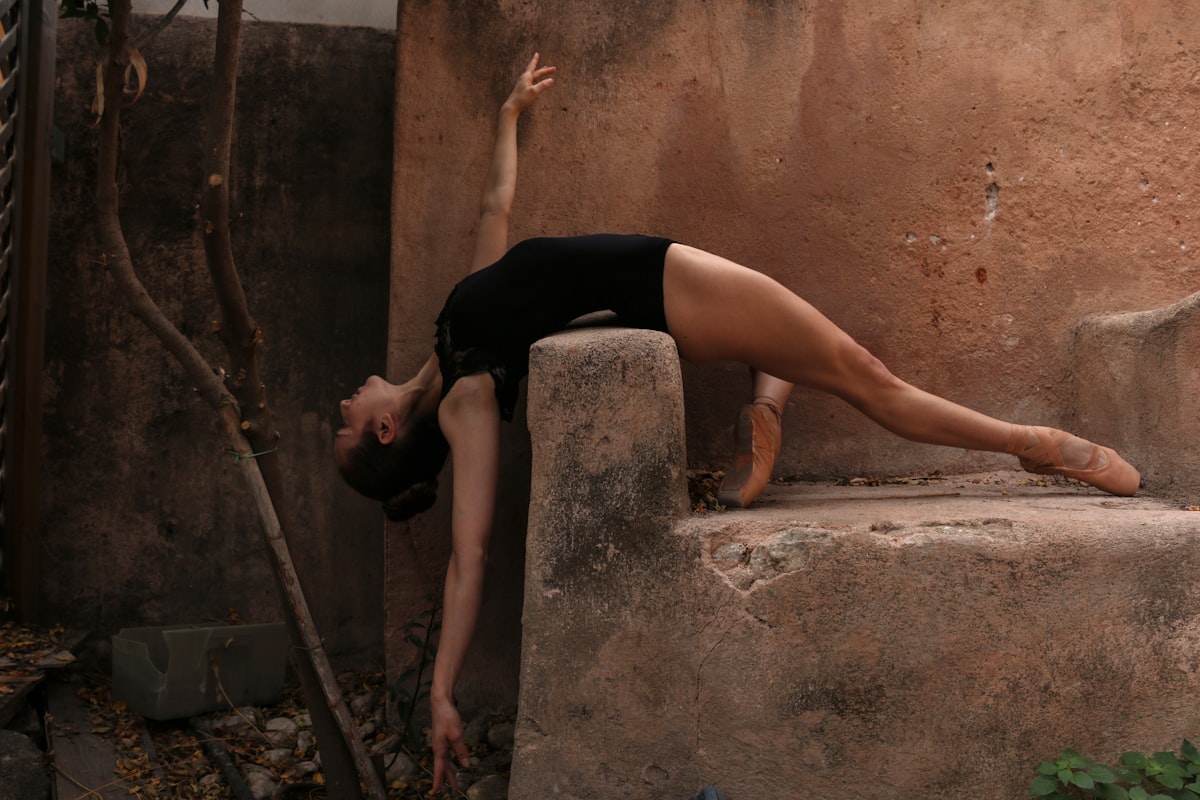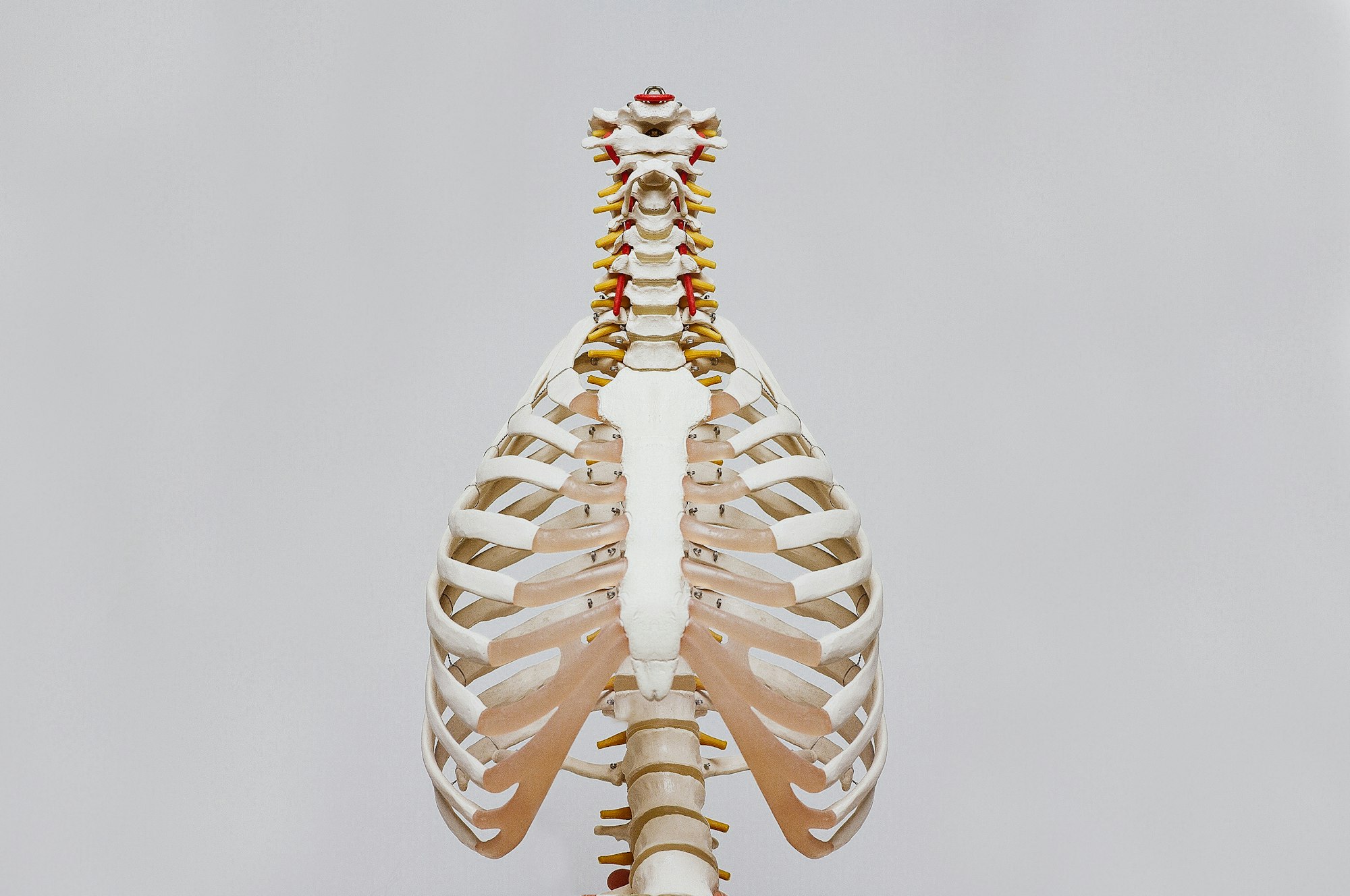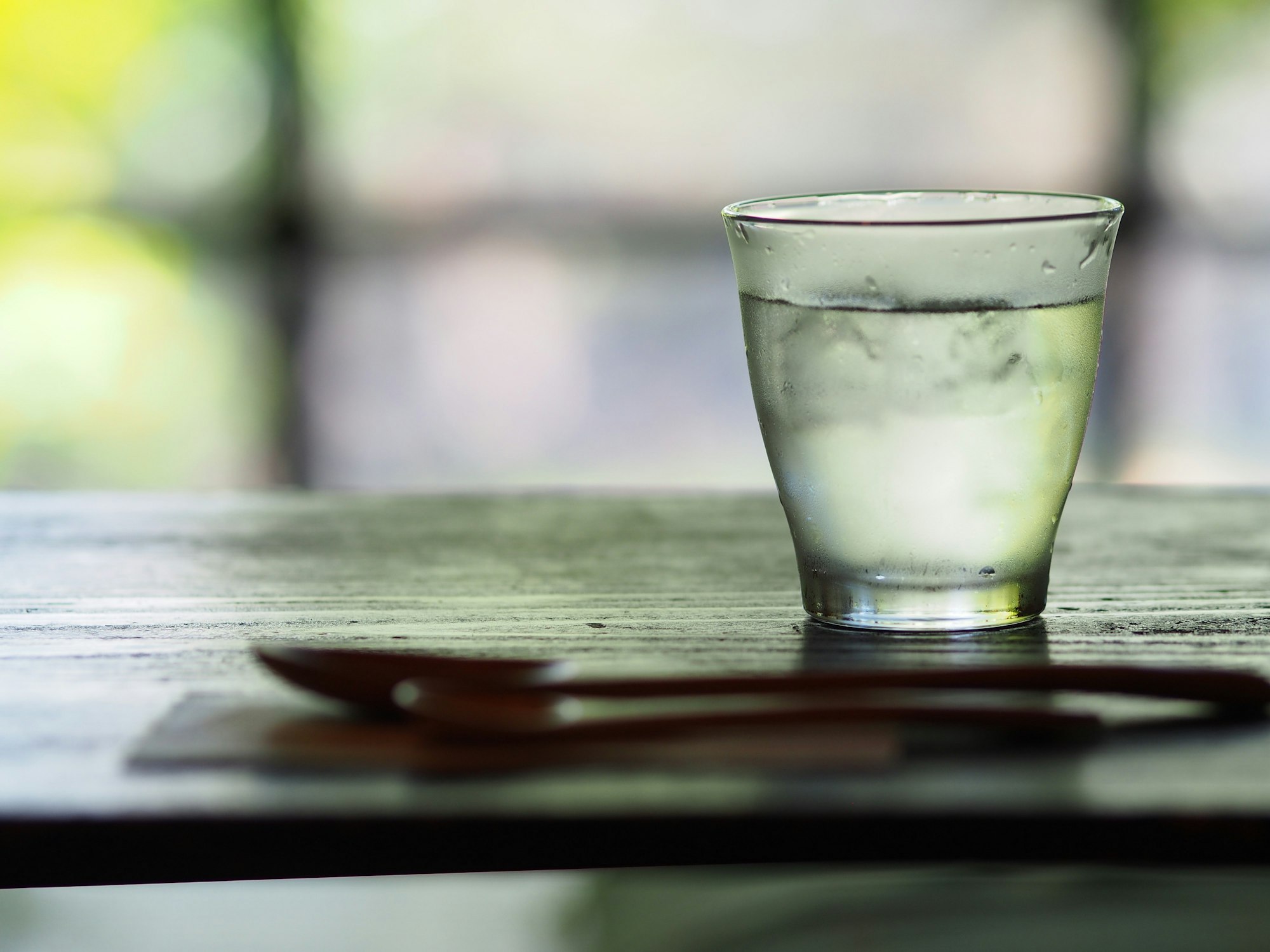Tips for dancers
The basic guideline for a dancer is the same as for any individual, eat a variety of food, avoid processed and refined foods, eat plenty of vegetables and fruits and drink water

I presented a workshop for young dancers in Manhattan and I thought I would share a few useful tips with you.
The basic guideline for a dancer is the same as for any individual, eat a variety of food, avoid processed and refined foods, eat plenty of vegetables and fruits and drink water.
Protect your bones
As a dancer, it is important to protect your bones, as dancing involves a lot of physical activity that can put stress on your bones. Here are some science-based tips to help you protect your bones and reduce the risk of injury.
Get enough calcium
Eat calcium-rich foods including dairy products, eggs, lean meats, fish, green leafy vegetables, nuts & seeds
Get enough vitamin D
Vitamin D helps your body absorb calcium and is important for bone health. You can get vitamin D from sunlight and supplements.

To prevent fatigue
Plan ahead and have small meals or snacks before rehearsals and classes. Include a protein to each meal. Of course give your body time to rest and recover between intense dance sessions or performances. Take short breaks during practice, and make sure to give yourself time off to rest and relax.
Avoid these habits that increase how much air you swallow
Drinking through a straw, chewing gums, carbonated beverages, sucking on hard candies.
Eating before exercise
Keep in mind that food consumed before exercise is only useful once it has been digested and absorbed. Food high in fat, proteins and fibres tend to take longer than other foods and may increase the risk of stomach discomfort during exercise.
- One meal 3 to 4 hours before exercise
- A light snack 1 to 2 hours before
- Eat within 40 minutes after after intense rehearsal, exercise or performance, to replenish glycogen stores (store for energy in muscle) and to allow proteins to enter cells for building lean muscle and repairing damaged cells.
- Eat small portions, eat slowly and chew your food
You choose what's good for you!

Stay hydrated
Drinking enough water is important for overall health, including bone health. Dehydration can weaken bones and make them more prone to injury.
Make sure your daily diet provides a balance of lean protein (eggs, chicken, salmon), complex carbohydrates (whole wheat bread, quinoa, brown rice), healthy fats (nuts & seeds, avocado), and fibre-rich fruits (berries, kiwis) and vegetables (a variety of roasted, stir fried or grilled vegetables) to support energy levels and recovery. And remember to drink plenty of water throughout the day.
